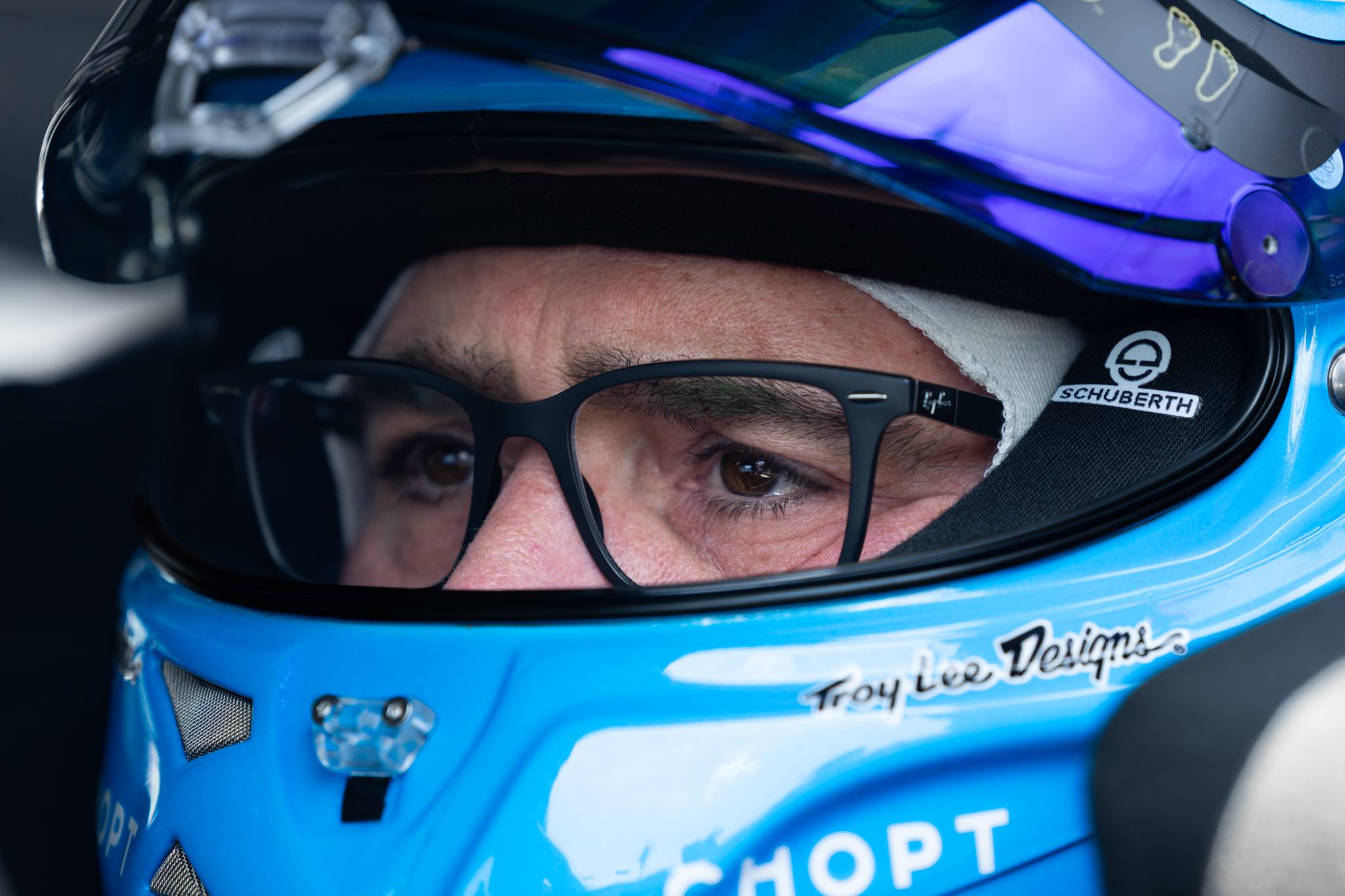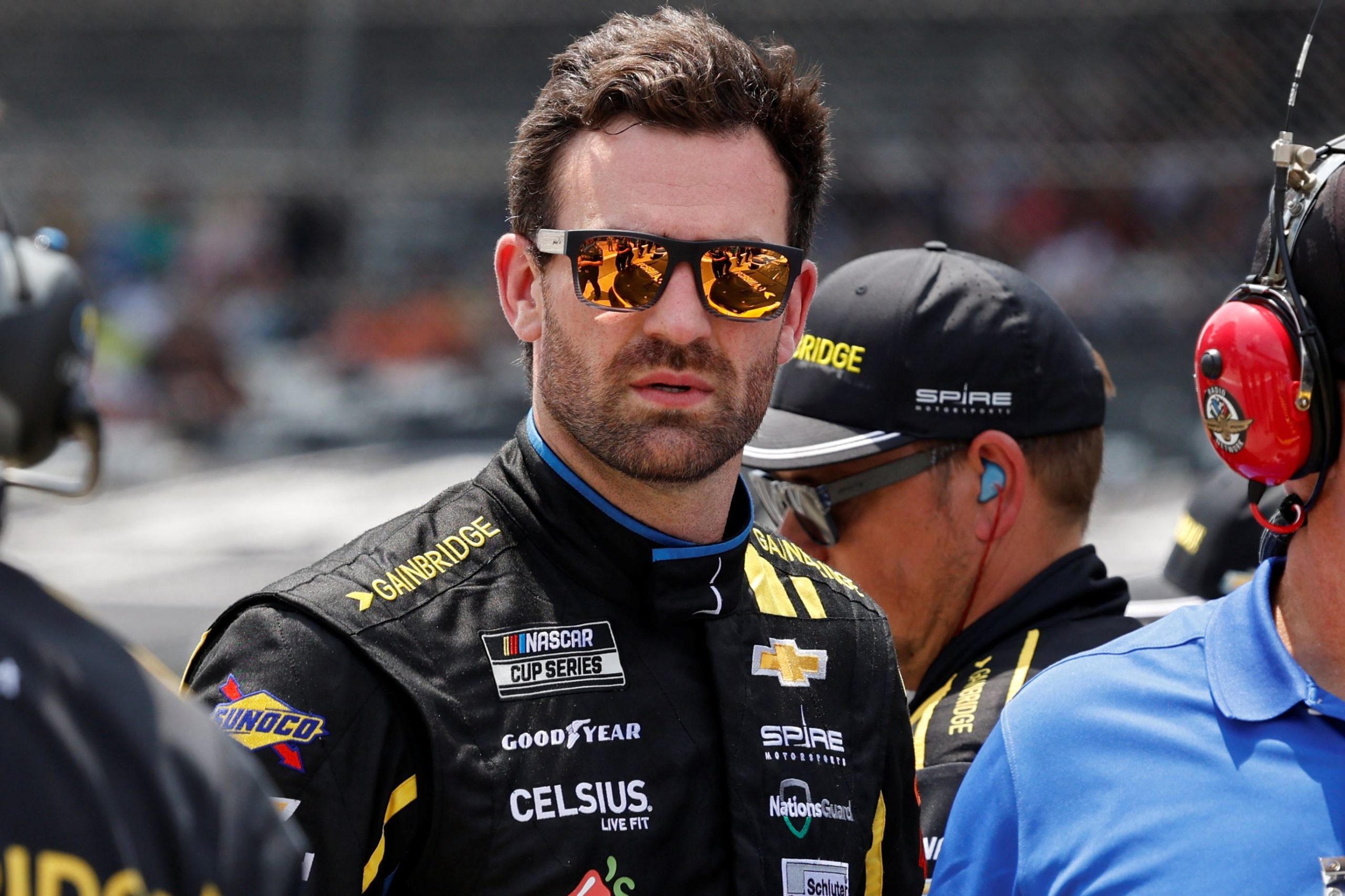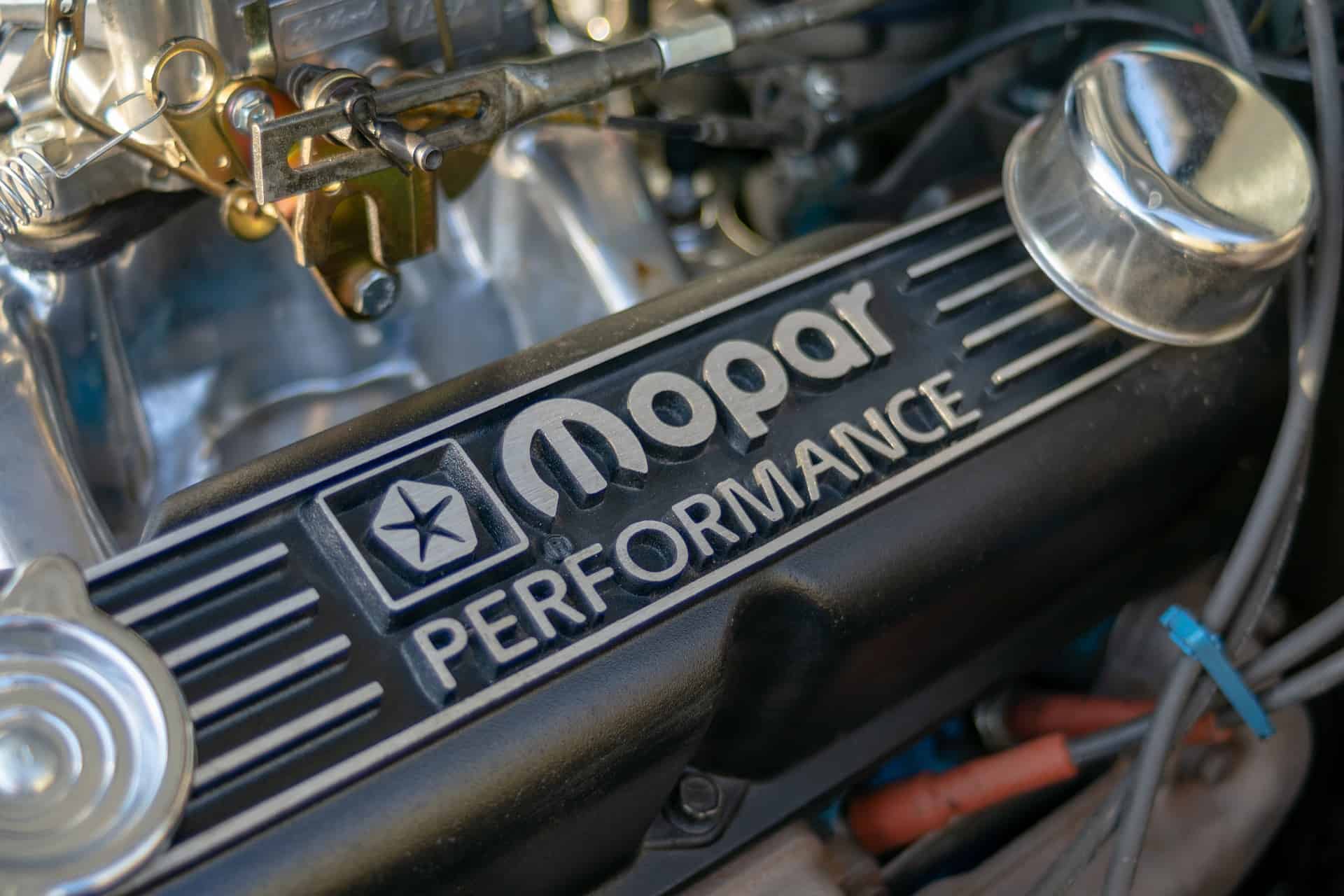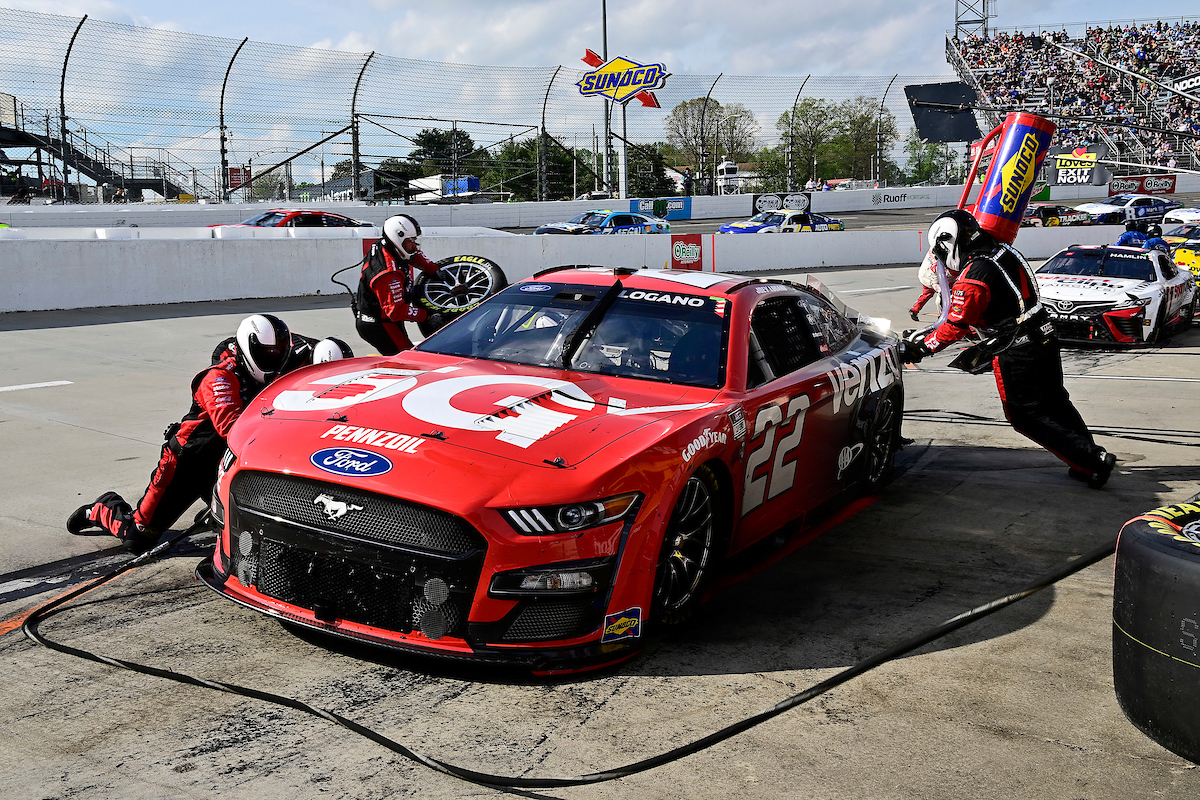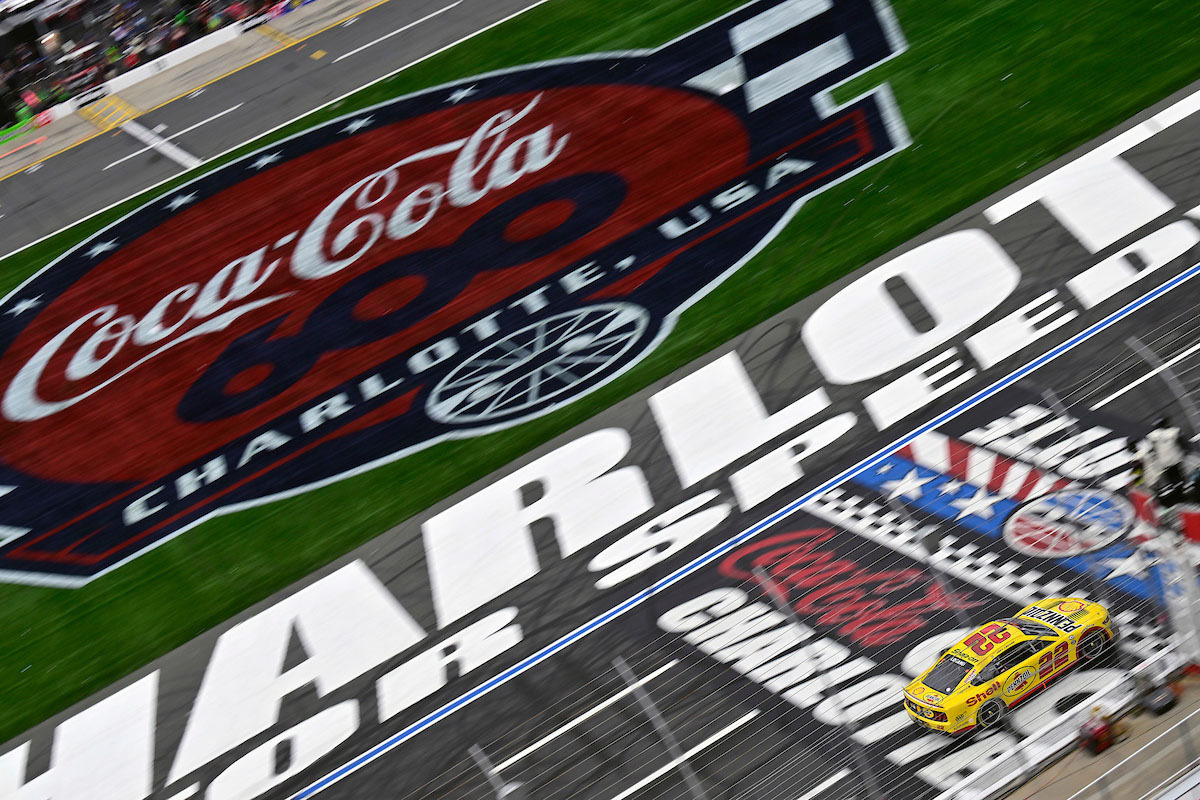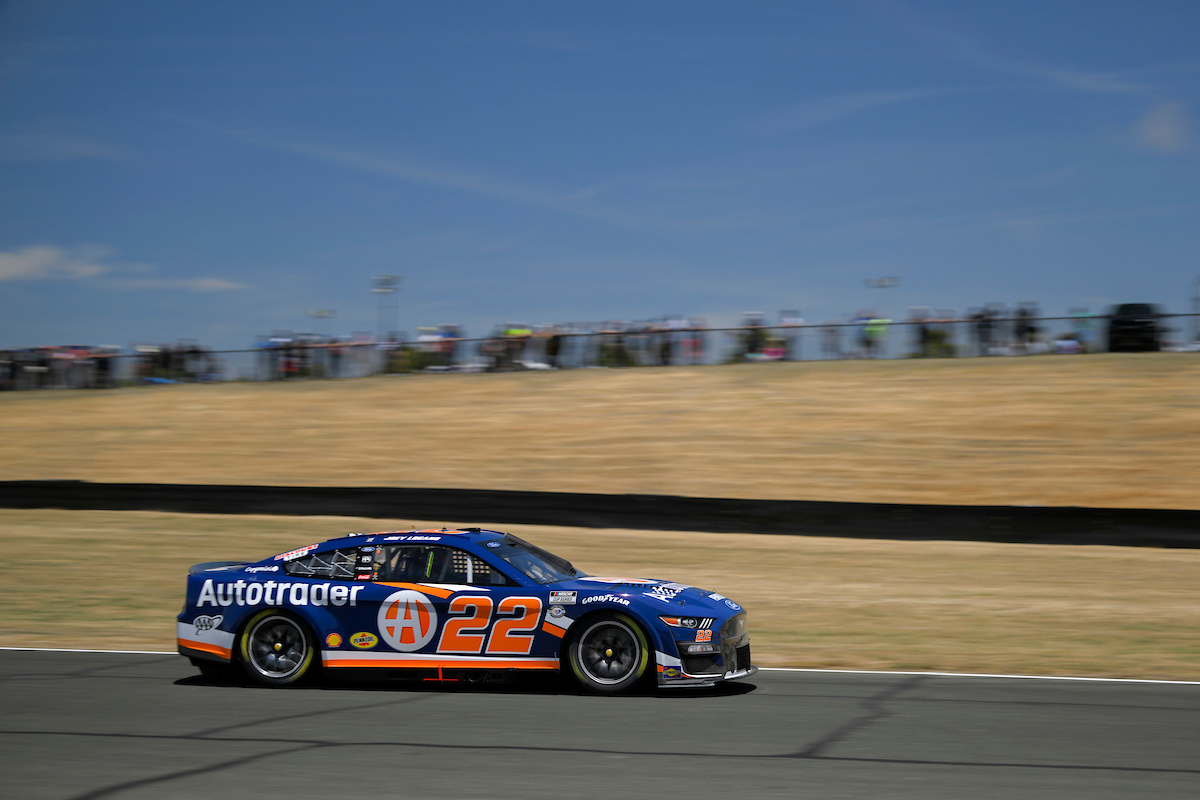How much horsepower does the Toyota Camry NASCAR have?
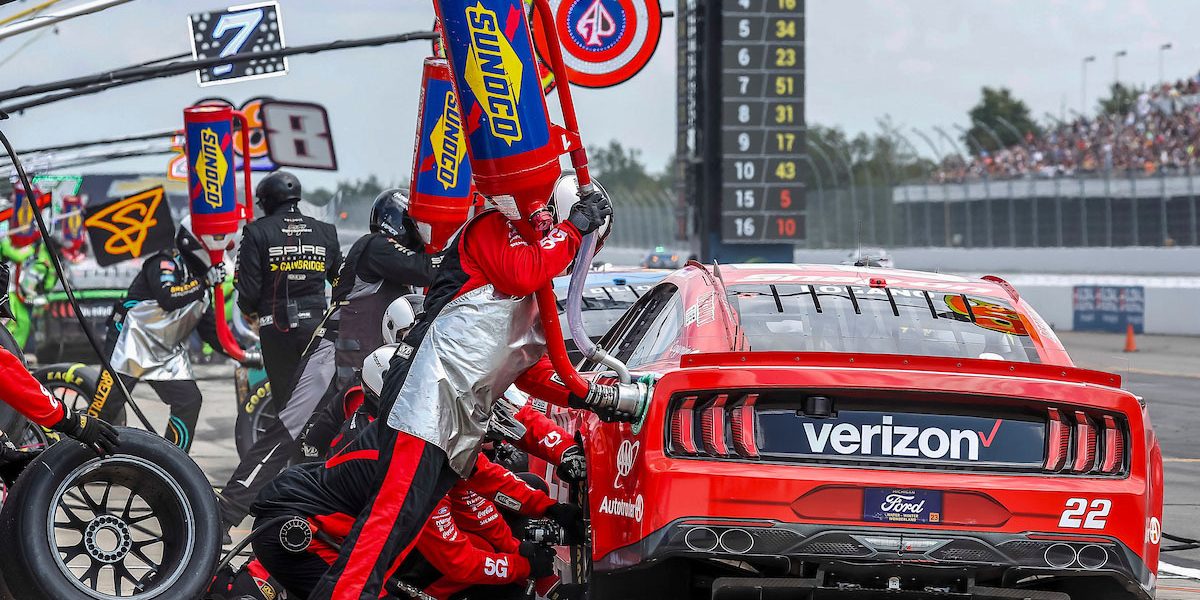
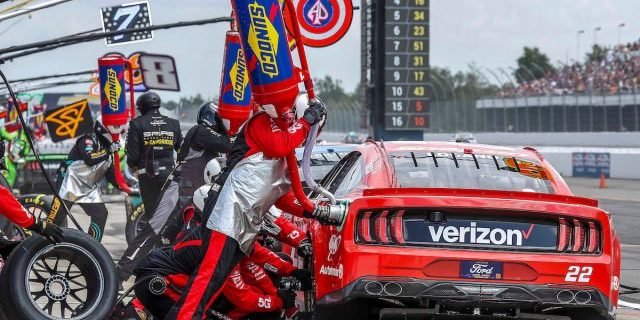
You’re an auto enthusiast and a NASCAR fan, right? You’ve probably found yourself wondering about the raw power under the hood of a Toyota Camry NASCAR.
The Toyota Camry NASCAR packs an impressive 550 to 750 horsepower, depending on the configuration and the track.
In this article, you’ll get a comprehensive rundown of the horsepower in a Toyota Camry NASCAR. We’ll explore what factors affect this measurement, why it varies, and why it’s essential for the high-stakes world of auto racing.
Table of Contents
A Detailed Explanation of Horsepower in the Toyota Camry NASCAR
The Importance of Horsepower in Racing
Horsepower (HP) is not just a number; it’s a critical factor in determining a car’s performance, especially in a competitive setting like NASCAR. A higher horsepower means faster acceleration, better top speed, and the ability to maintain that speed for longer periods, essential elements in any race.
How Horsepower is Measured
Horsepower is a unit of measurement that quantifies the engine’s power output. In the context of NASCAR, horsepower is measured using a dynamometer, often just before or after a race to ensure compliance with NASCAR regulations. Teams may tune their engines differently for different tracks, affecting the horsepower.
Why the Variation in Horsepower
You might wonder why the horsepower varies between 550 and 750 HP. The answer lies in the track and the race’s specific conditions. Short tracks and road courses often require less horsepower compared to superspeedways, where the engine must produce maximum power for higher speeds. NASCAR has regulations that can mandate a different configuration of engines, further affecting horsepower.
Configuration and Components
The engine components also play a role in the horsepower. NASCAR vehicles use a V8 engine with specific configurations for different races. Depending on factors like air restrictors, engine tuning, and even weather conditions, the horsepower can differ.
Here’s everything else you need to know about the intricacies of horsepower in a Toyota Camry NASCAR, broken down into questions you’re likely to have next.
How Does Horsepower Affect Race Strategy?
Understanding how horsepower impacts a race strategy is crucial for both teams and fans. Higher horsepower allows for greater top speeds, but it also can cause greater fuel consumption. Teams have to weigh the advantages and disadvantages based on the track, weather, and even the competition.
Race Length and Fuel Economy
In longer races, a high-horsepower engine may require more frequent pit stops for fuel, affecting the overall strategy. Teams often use data analytics to determine the optimum balance between horsepower and fuel efficiency for each race.
What Are the Regulations Concerning Horsepower?
NASCAR Regulations
NASCAR imposes specific regulations on the engines to level the playing field. These include restrictions on the types of components used, how they can be tuned, and the allowable horsepower range for specific tracks.
Penalties for Non-Compliance
Teams found violating the horsepower regulations can face severe penalties, including fines, points deductions, or even disqualification. Compliance is checked rigorously before and after races, ensuring fair competition.
How is Horsepower Optimized for Different Tracks?
Track Length and Type
The type of track plays a significant role in how teams configure their engines. Shorter tracks may not require as much horsepower as long-distance tracks where higher speeds are more beneficial.
Weather Conditions
Surprisingly, weather can impact engine performance. Cooler weather allows for better air intake, which can lead to a slight increase in horsepower. Teams may adjust their engines depending on the forecast to gain a competitive edge.
Stay with us as we delve further into the topic, explaining how horsepower correlates with other vehicle metrics, the role of technological advances, and more.
How Does Horsepower Correlate With Other Vehicle Metrics?
Horsepower and Torque
Although horsepower gets more attention, torque is equally important. Torque provides the ‘grunt’ needed for acceleration and powering through corners. An ideal engine for NASCAR racing would offer a balanced ratio of horsepower to torque, ensuring not just speed but also maneuverability.
Aerodynamics
An engine’s horsepower needs to be effectively utilized, and aerodynamics plays a role in this. Poor aerodynamics can negate the benefits of a high-horsepower engine, as more power would be needed to overcome air resistance. Teams spend countless hours in wind tunnels and use computational fluid dynamics software to optimize their car’s aerodynamic profile.
What Role Do Technological Advances Play?
Engine Materials and Design
Advancements in metallurgy and engine design have allowed for lighter yet more durable engines. These high-tech materials enable the engine to produce more horsepower without a corresponding increase in weight or size.
Data Analytics
The role of data in modern NASCAR racing cannot be overstated. Teams use data analytics to fine-tune their engines for optimum horsepower, fuel efficiency, and longevity, affecting their overall race strategy.
Why Does the Toyota Camry NASCAR Use a V8 Engine?
Power and Reliability
V8 engines are renowned for their ability to produce high horsepower and torque while maintaining reliability, which is crucial in a high-stakes racing environment. The V8 configuration allows for better weight distribution and more effective cooling, both vital factors in competitive racing.
NASCAR Tradition
NASCAR has a long-standing tradition of using V8 engines. While other motorsports have moved to smaller, turbocharged engines, NASCAR has stuck to naturally aspirated V8s, providing a unique challenge for engineers and drivers alike.
In the next section, we’ll wrap up our deep dive into the fascinating world of horsepower in the Toyota Camry NASCAR. Stay tuned for our final thoughts.
How much horsepower does the Toyota Camry NASCAR have? – Final Thoughts
You’ve journeyed through the intricacies of what makes the Toyota Camry NASCAR a powerhouse on the track. From understanding the essential role that horsepower plays in racing to exploring the nuances of NASCAR regulations and the importance of technological advancements, you’re now well-versed in what goes into that 550 to 750 horsepower range.
Remember, horsepower isn’t just a number—it’s a blend of engineering marvel, strategic planning, and raw power that brings excitement to every NASCAR race. So the next time you’re watching a Toyota Camry fly around the track, you’ll have a newfound appreciation for the sheer mechanical and technical wizardry that goes into achieving that thrilling speed.
How much horsepower does the Toyota Camry NASCAR have? – Frequently Asked Questions (FAQ)
Q: How do NASCAR teams measure horsepower? A: Teams typically use a dynamometer to measure horsepower, ensuring they comply with NASCAR regulations.
Q: Does the Toyota Camry in regular consumer markets have the same horsepower as the NASCAR version? A: No, the consumer version of the Toyota Camry has much lower horsepower, usually ranging from 200 to 300 HP depending on the model.
Q: Are there other cars in NASCAR with similar horsepower? A: Yes, NASCAR has regulations to ensure a level playing field, so most cars are within a similar horsepower range.
Q: Why don’t NASCAR cars use turbocharged engines? A: NASCAR tradition emphasizes naturally aspirated V8 engines, although turbocharged engines are common in other types of motorsports.
Q: How often do teams change engines? A: Teams may use different engines for different races, especially when they require different horsepower settings. However, engines are generally not changed during a race unless absolutely necessary.
Q: Can weather conditions affect horsepower? A: Yes, cooler weather can allow for better air intake, potentially increasing horsepower slightly.

